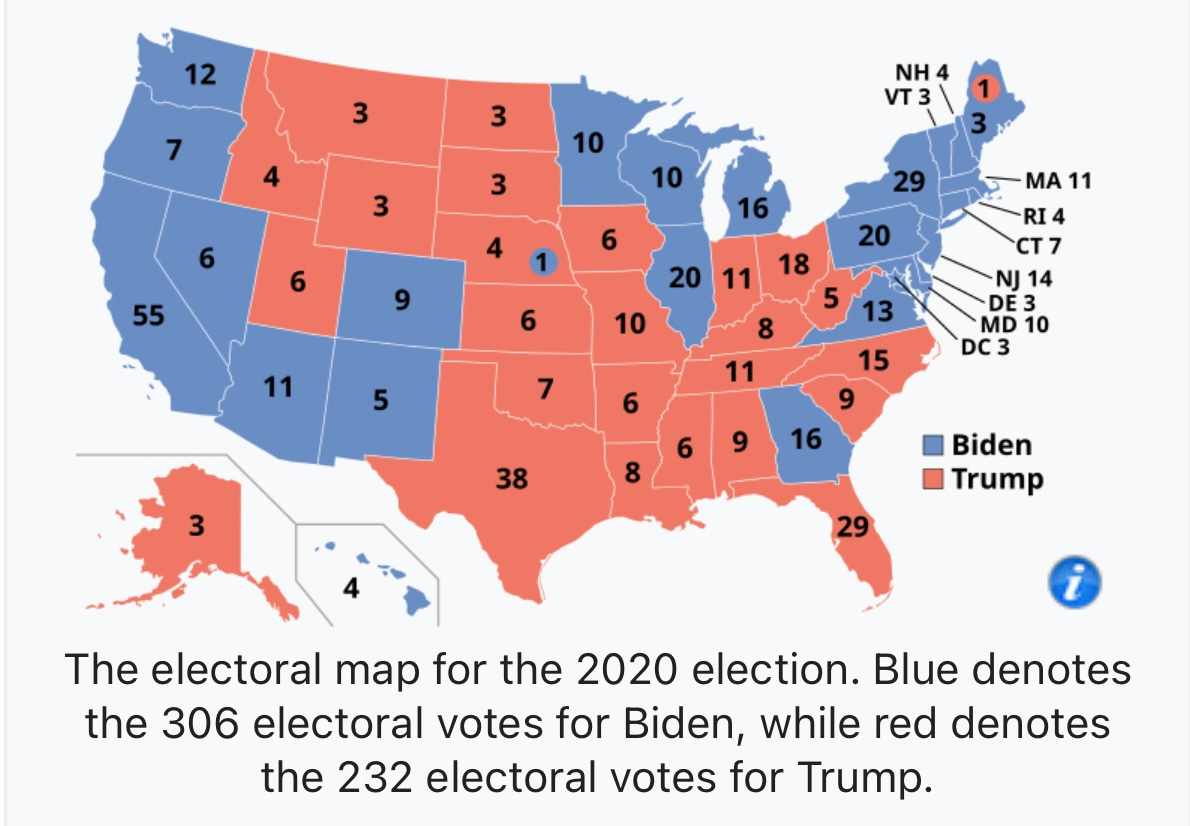The Democrats Are Making A Mistake
An open convention and a democratic process are essential
When the DNC decided to push through a rapid fire, one day, nearly unanimous pledge of most states’ delegates to Vice President Kamala Harris, they either failed to consider or blatantly disregarded the devastating impact in November.
The obvious coordination and plot here hearken back to another place and time, right before Super Tuesday in the 2020 race. Bernie Sanders was surging, had just won the state of Nevada, and he was the favorite for the Democratic nomination. But all of a sudden, after unimpressive showings in Iowa (4th place) and New Hampshire (5th place), Joe Biden did well in South Carolina and soon, it was all the news could talk about. Pete Buttigieg and Amy Klobuchar left the race the Monday before Super Tuesday and, like dominoes, endorsements from other candidates soon fell into place. Out of twenty-four Democratic primary candidates that cycle, only Marianne Williamson and Bill de Blasio endorsed Bernie Sanders.
Many of us remember the start of the pandemic in March of 2020, when it became clear that polling places were not a safe place for poll workers or the general public, and no one was wearing masks. Poll workers were getting sick. Ohio was up next and I still remember the emphatic calls for everyone to go to the polls from Nancy Pelosi, the Democratic Party account, and several other Democratic influencers. The result? Biden won that contest, but people got sick. There were accounts that were tracking the spread. The decision at the time was irresponsible and the obvious pivot directly afterwards was clear. Delaying the primary would have changed the trajectory of the results Biden needed to secure the nomination. And, in a more progressive state, Bernie could have won and risen to the top again.
Canon 2 of the Code of Conduct for United States Judges states that judges should “avoid impropriety and the appearance of impropriety in all activities.” It’s a precept the Democratic Party would be wise to consider well. It doesn’t matter that the nomination process is relatively opaque or that the general public may not be aware of how it works — at least, as of yet.
Presidential historians with a strong understanding of precedent have called for an open convention, not because they are not in favor of any particular candidate, but because a real, open democratic process would establish authenticity and honesty — and, to put it bluntly — voters’ trust.
For weeks now, voters who watched President Biden’s performance on the national debate stage on June 27th have been told he would not be stepping down. For weeks, we have been told that the issues we could all see with our own eyes were not a problem and that the real problem was anyone talking about the issue in any regard whatsoever. After Biden stepped down — which I believe was the right choice — we all watched the same accounts who claimed they would never allow such a thing pivot on a dime and make almost evangelical posts about Harris. The claim that this was not coordinated just doesn’t pass the smell test.
President Biden stepped down and the delegates pledged to him were not obligated to immediately pledge to Kamala Harris, even after he personally endorsed her candidacy. Again, the rush to action and unanimous decision in each of the states these results came in from do not come across as if each delegate made their own decisions — which is the exact problem with not having an open convention.
The real issue here is not their “choice of candidate” — any process that “chose” a candidate within this context would make voters uneasy. Remember, we are not just talking about Democratic voters now — in order to win, the nominee will have to win over Independents, Republicans and a constituency of voters who have never voted before. This is a case where even the “appearance of impropriety” would be sufficient to raise eyebrows.
The 2024 presidential primary season on the Democratic side doesn’t help matters. A sitting congressman, a political commentator, and a progressive activist who has founded several nonprofits were all in the running alongside the president but were not offered debates. Each paid millions of dollars in order to get on ballots, including court costs for ballot access challenges across the country. Instead of welcoming the democratic process and encouraging healthy competition, there was a near total media blackout on these candidates while Republican candidates graced the stage. By the end of the Republican primary debates — even without their leading contender — all of the Republican primary candidates were nationally known. Few Americans watching were aware the Democratic primary candidates were even running.
It’s time to confront the reality: Attacks from the Republican side are already coming. They claim there was a “coup” and a “coronation.” Only one candidate, Marianne Williamson, has challenged Harris, and news articles and pundits are already saying she “has no challenger.” This is the same refrain we all saw during the Democratic primaries this past year, during the primaries in 2020 with South Carolina and Super Tuesday, and with the DNC nomination process in 2016, which resulted in a majority win but electoral college loss — and, for the first time, elected Donald Trump.
Whether you support Harris unequivocally or are against her candidacy entirely, it remains true that not holding a formal contest and allowing an open process will never allow the Democrats to fully debunk the accusations of impropriety that are being levied at the party from Republicans, Independents, and Democrats alike.
An open convention in Chicago could still change this.




Evergreen headline